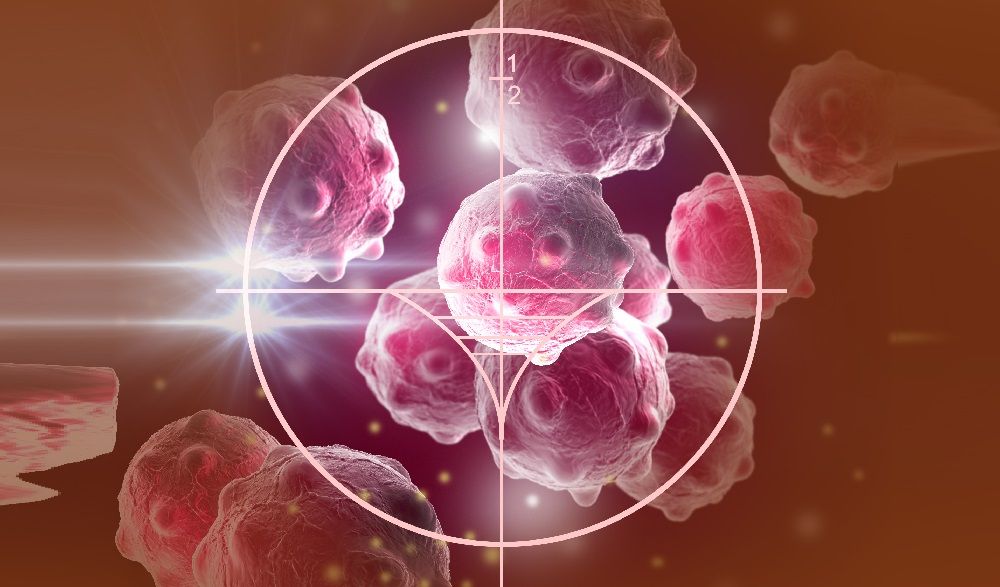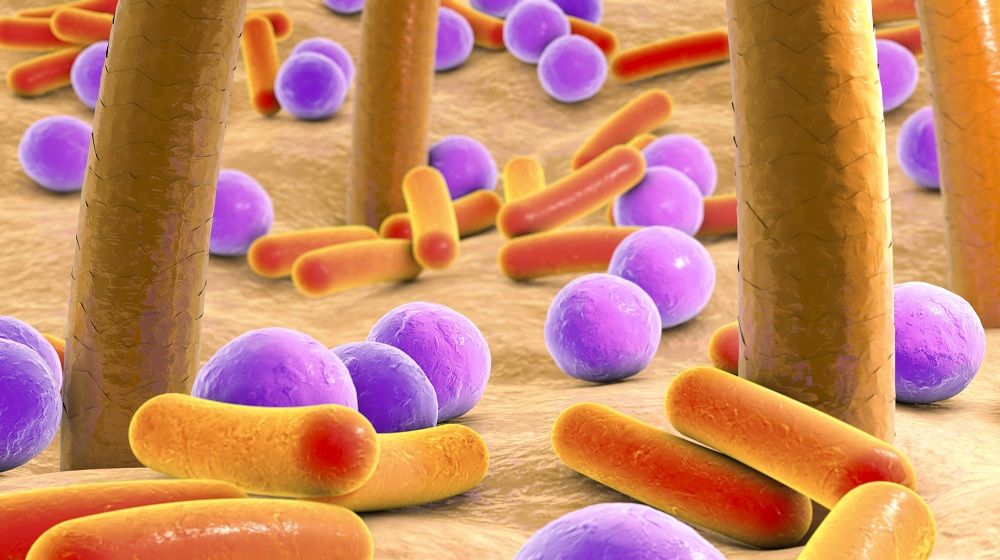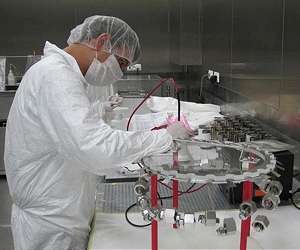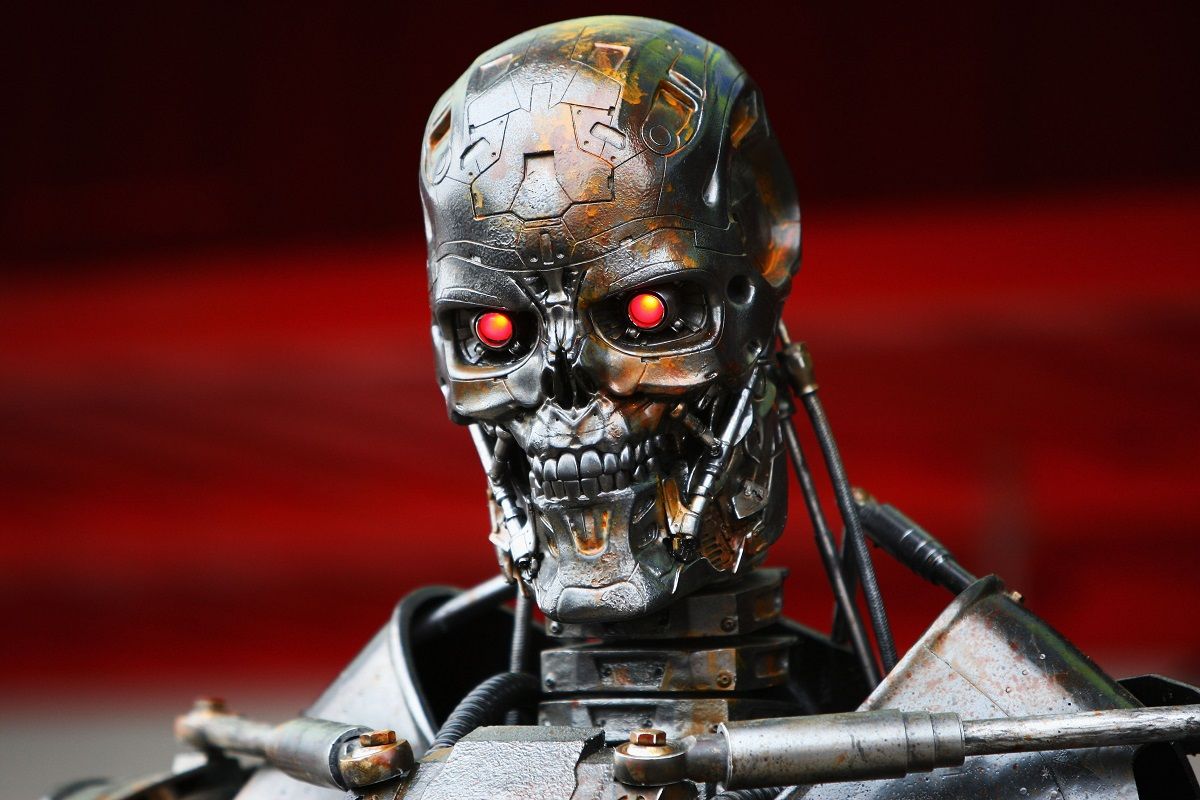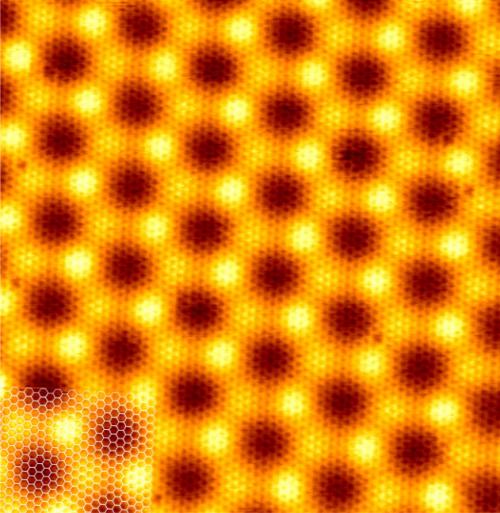Mar 2, 2018
Walmart Opens Tech Incubator In Austin
Posted by Genevieve Klien in categories: finance, robotics/AI
Walmart has opened a new tech incubator in Austin to focus on emerging technologies.
Engineers, developers and scientists at the incubator are working on the future of shopping and exploring machine learning, artificial intelligence and natural language processing, according to a blog post by Walmart.
“The work we’re doing is ultimately about enabling our coworkers to be even more impactful in their jobs,” stated Rachel Brynsvold, data scientist at the lab. “I also see lots of opportunities to make financial impact for the company, which contributes to Walmart’s mission to help people save money and live better.”

